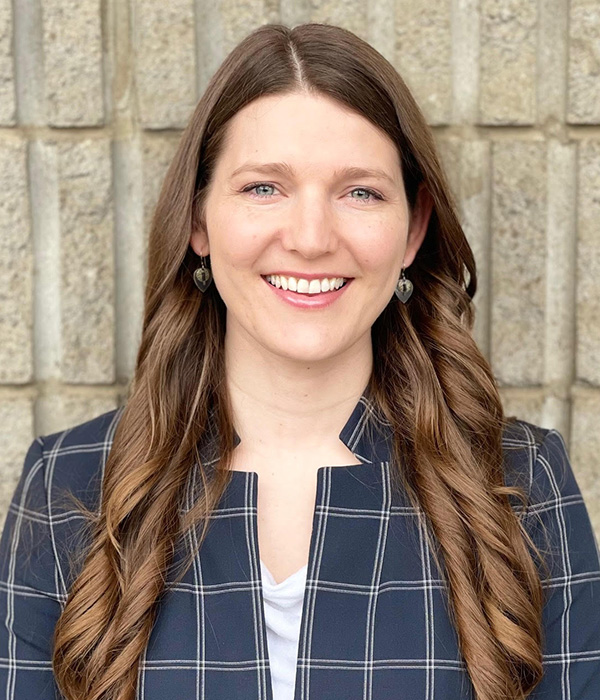About being a Banting Postdoctoral Researcher 
What does receiving a Banting Fellowship mean to you?
As I continue to pursue a career in health research, this fellowship provides flexibility and the opportunity to contribute meaningfully to my field. I feel honoured to continue to build relationships with and learn from Indigenous scholars and communities as I develop new skills in community-engaged work with community priorities at the forefront.
Tell us about your Banting research.
The primary objectives of this Banting research in partnership with Six Nations (SN) and the Co-Creation of Indigenous Water Quality Tools (CIWQT) are to:
- using a community health survey and community consultations, investigate health and well-being associated with water insecurity and traditional food systems changes;
- co-create tools to support holistic health for Indigenous families experiencing anxiety regarding the relationship between water, food, and diabetes.
For objective 1, we will work with SN Health Services to investigate the associations between household and individual measures of water insecurity, water-related anxiety and stress, food insecurity and perceived traditional food systems changes, and diabetes parameters gathered from the community health survey.
As part of this work, we will also evaluate current health promotion programs in the community to identify priority areas. For objective 2, we will utilize qualitative and Haudenosaunee methodologies to co-create tools with community members regarding priority health promotion areas, as identified by community members through previous program evaluation surveys.
About postdoc life
What inspired you to pursue a postdoc at McMaster?
McMaster is a top-ranking academic institution and is making important strides toward ethical and community-engaged work. It is the new home of the Indigenous mentorship network and is located near the communities in which I work. I am also inspired by my supervisor, Dr. Dawn Martin-Hill, and my co-supervisor, Dr. Adrianne Xavier.
What aspect of your postdoc are you most excited about?
I’m excited to continue to build relationships with Six Nations Health Services and aim to produce work that benefits community. I’m also looking forward to learning from the accomplished scholars with whom I work with.
When you’re not busy being a postdoctoral researcher, how do you like to spend your free time?
I love being outdoors and moving my body, particularly through trail running and being on the water. Spending valuable time with family and friends is also important to me, which usually involves some travel and good food.
Beyond your Banting postdoc
After your postdoc, what do you see as the next step in your life journey?
I hope to continue to respond to community needs and co-create knowledge that benefits those with whom I collaborate, supporting students and Indigenous scholars throughout.
